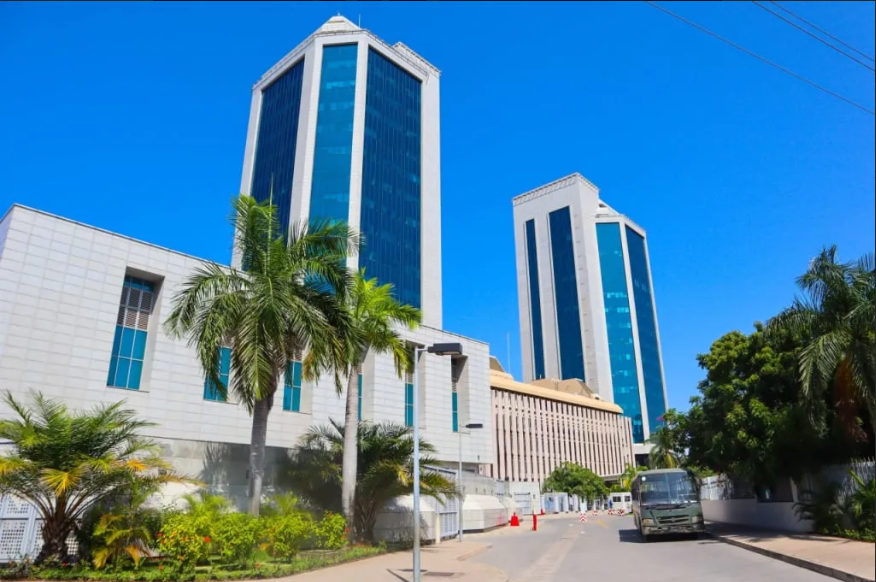
Following the fourth dialogue meeting in Dodoma, the Bank of Tanzania (BOT) has confirmed that tourism operators may charge foreign agents/clients in US dollars for services provided outside of Tanzania, but domestic transactions must be TZS.
Although this offers partial flexibility, TCT continues to advocate for the adoption of a full double currency (USD/TZS) across tourism, aviation and travel agencies. Tourism is not just because it is an export industry, but because of the unique dynamics of the global tourism industry.
Why is double currency important for tourism: A global perspective Tourism operates with international reservations, payments and contracts of dollarized ecosystems. From global distribution systems (GDS) such as Amadeus and Saber to online travel agents (OTAs) such as Expedia and Booking.com, transactions are processed in USD. Force conversion to TZS adds unnecessary complexity and cost. Foreign tourists pay in advance – in many cases, most tour packages from overseas are sold 12-18 months in advance, with payments collected in USD. If operators need to convert these funds to TZS immediately, they can face exchange rate volatility risk, undermine profitability and destabilize pricing. Regional and global competitiveness Competing destinations (Kenya, Rwanda, South Africa, Egypt) certainly allow double currency trading for the export sector and ensure smoother business for international buyers. Limiting the use of USD will put Tanzania at a disadvantage as tour operators and travel agents could face resistance from foreign partners who do not want to manage their TZS transactions.


